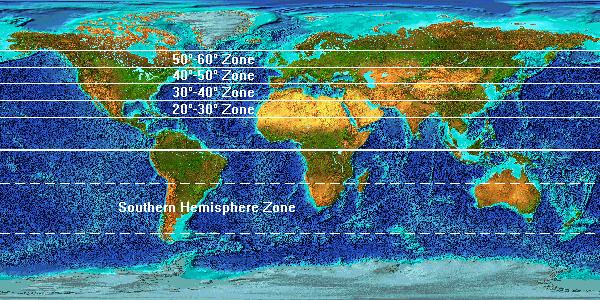Your support means the world to us.
A fantastic start for beginners in astronomy! Our astronomy kit contains:
- An 8.5-inch plastic planisphere, suitable to your latitude. Simply turn the dial to match your date and time, and the planisphere will show you what stars and constellations are currently above the horizon.
- A sky atlas, or map of the night sky, featuring nearly 200 easy-to-see objects for binoculars and small telescopes.
- An introductory book containing a simple and thorough introduction to binocular astronomy.
- A red light, essential for keeping your night vision intact while reading your sky atlas and books in the dark with ease.
- Kit includes detailed instructions for using each of the tools in the kit.
Check out our article, Why do I need a planisphere?
Find your latitude range by using the maps below or checking out the interactive link!
https://www.latlong.net/


If I live at 40 degrees North latitude, do I purchase the 30-to-40-degree planisphere or the 40-to-50-degree planisphere?
Either planisphere will work just fine at 40 degrees North latitude. The more southerly 30-to-40-degree planisphere will offer a little more versatility, however, should you wish to travel to more southerly latitudes. As you go southward, you’ll see more southerly stars near your southern horizon that you don’t see from more northerly latitudes. But, as you travel northward, you DON'T see a greater number of northern stars – only a larger circle of circumpolar stars. Read about circumpolar stars here: http://earthsky.org/space/what-are-circumpolar-stars
For that reason, we recommend either planisphere if you plan to stay put, or the more southern planisphere for the traveling stargazer.
Your astronomy friends, The EarthSky Team







